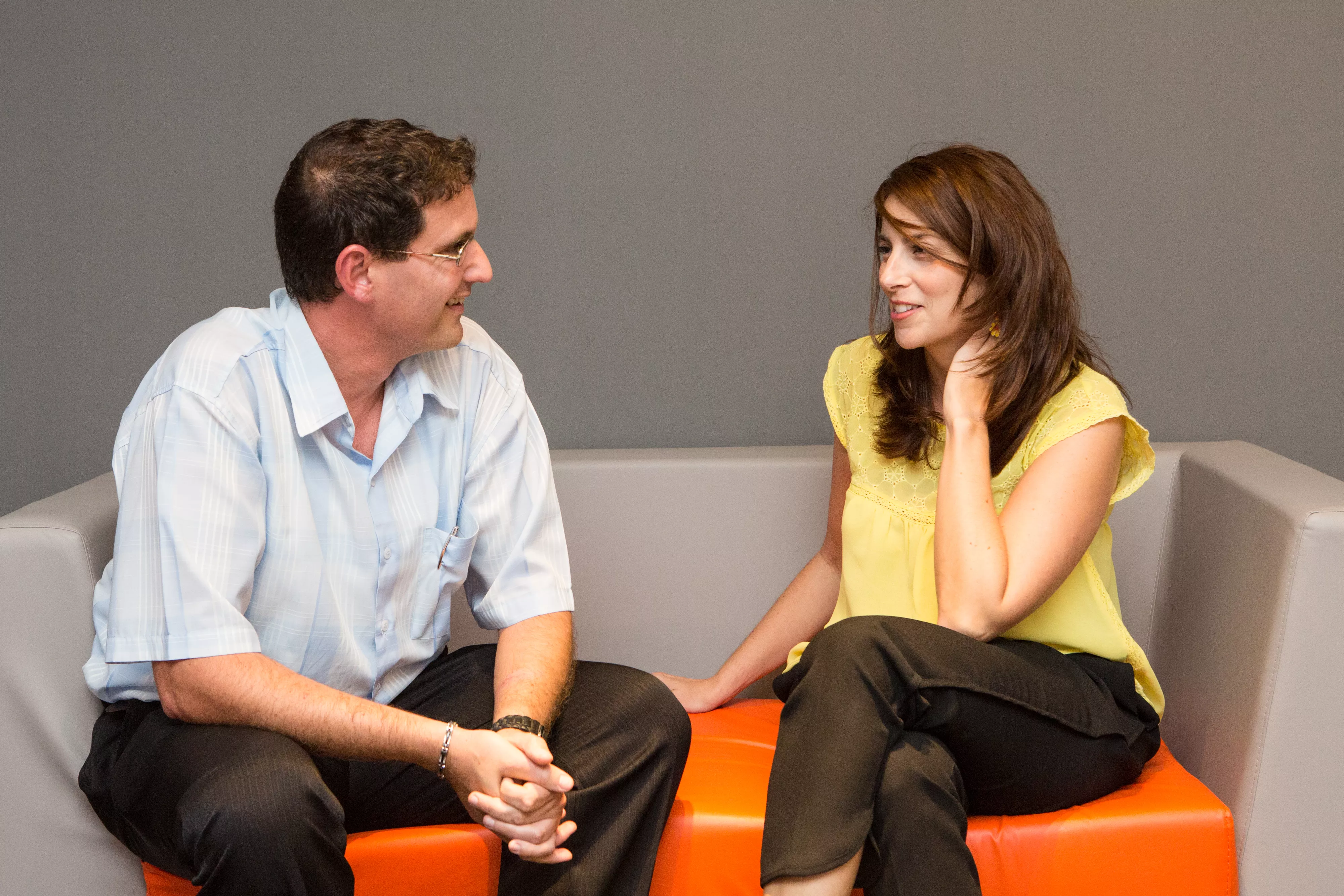World Teacher's Day - Educating Adults
World Teacher’s Day is an important celebration of the invaluable work carried out by teachers across the globe. But what about adult educators? Here we meet the Education Officer and an adult educator from the Directorate for Lifelong Learning in Malta. We ask their advice on how they tweak their techniques from young to adult learners.

When we’re children, learning is simply a part of what we do. From the classroom to the playground, we continuously pick up new information, techniques and tools. As we get older we do, of course, continue to learn but it does get harder to retain information and to acquire the basic skills we may have missed out on as children.
“This is where effective adult learning comes in,” says Mark Saliba, an adult educator who also teaches primary school children. “When it comes to primary learning, it’s compulsory and formal; however, with adults they have opted to learn to improve their way of life – whether that’s by enhancing their skills or bettering their literacy abilities.”
Mark explains that the main difference between teaching children and adults lies in the fact that, with adults, you need to be very willing to adapt to your students’ needs. “In recent years I taught prisoners at Dar Sant Anna. While my prime aim was to help them to improve their literacy skills, it was also an opportunity to help them improve their knowledge in other areas, such as on the history of Malta or general knowledge. By making the base topic (literacy) more engaging through other subjects, I found that the students were keener and more eager to learn.”
Mandy Mifsud, an adult educator who is also the Education Officer for the Directorate for LifeLong Learning, explains that this is called embedded learning. “When it comes to adults, we’re talking about people with a lot of knowledge and plenty of life experience – in fact they often know more about certain things than you! Thus it’s vital to respect that knowledge, and to know why and how they want to improve their skills. Often they’re not learning just for fun, but because they want to be able to apply it to particular areas of their lives.”
Ms Mifsud explains, “perhaps you could teach maths or Maltese during a cookery lesson,” she suggests. “I recently worked on a programme for young offenders that did exactly that. They were eager to learn about cooking and nutrition, so it was the ideal opportunity to combine topics such as weighing, budgeting and scaling while making recipes. It was fun and relevant, but they were still learning maths – so everyone was happy!”
Here, both educators share their tips on how to engage adult learners:
- “It’s so important to create curiosity,” says Mandy. “Even though they’re adults you have to make it fun. I use a trick that always seems to work: I start by placing a coloured random object on each desk before the first lesson. While, practically speaking, the object serves as a way for me to break them into groups later, it also piques their interest and gets them engaged – and that’s a great start! Creativity can come from the simplest of things.”
- “Learn what your students already know,” says Mark. “And why they have come to your class. We have actually introduced a pre-test, which helps students to explain their goals right at the start. This makes it easier for you, as an educator, to help them achieve them.”
- “Have a ton of energy!” says Mandy. “Move around, smile and be as friendly as possible. Give your students credit where you can and acknowledge their prior learning.”
- “Finally, focus on getting them to trust you, but do bear in mind it might not be easy and could take time. Don’t be intimidating; on the contrary, be accessible and patient and remember they aren’t children. Encourage respect in your classroom – for them you and each other.”





